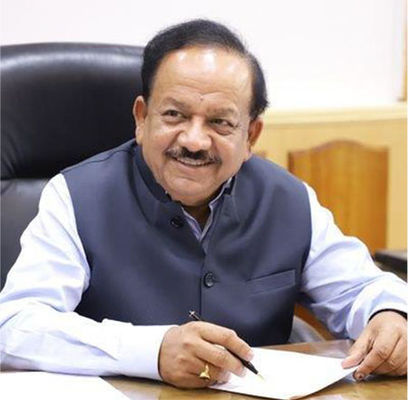As delegates from around the globe meet this week in India at the 2019 World Conference on Access to Medical Products-Achieving the SDGs 2030, closer to home IiH innovators are working toward the same goals of Universal Healthcare and Sustainable Development Goals. The world is one family. Our work supports that of conference organizers--the Ministry of Health & Family Welfare, the government of India, and the WHO--in ensuring healthy lives for all. We do so by supporting innovators who provide high-quality low-cost healthcare products and services aimed at eliminating health disparities throughout the world. Innovators including:
- Access.mobile (the innovator is access.mobile and amHealth is their core product): Hospitals and clinics pay an annual licensing fee to access amHealth which increases efficiency and patient engagement and leads to greater patient retention and – ultimately -- increased revenue for clinics and hospitals. amHealth is being used in large internationally certified hospitals and smaller specialty clinics alike to organize practices, save staff time, and improve patient care before, during, and after visits.
- AllizHealth: Monitoring tools from AllizHealth include a personal health risk assessment, personalized health records, and an analytic dashboard. While many solutions in the healthcare market focus on late-stage treatment, AllizHealth empowers the user to understand their health risks and make informed health decisions early, with the aim of preventing negative health outcomes and expensive treatment.
- Biofourmis: Biofourmis is reinventing remote patient monitoring that will increase patient outcomes and reduce re-admissions following discharge. Their proprietary AI technology identifies health deterioration weeks in advance of re-admission to hospital. Ultimately, their goal is to be an integrated solution and platform that actually reaches the patients, care teams, payers, and hospital providers.
- Heartfile: Heartfile developed an internet-based and mobile technology platform, validation and prioritization system, and health equity fund that allow providers to seek fast and transparent cash transfers for low-income individuals. The system accesses country demographic data to validate and facilitate requests for funding of health care provision and enables complete transparency to donors on the types of patients being financed.
- RubiconMD: Their platform gives primary care clinicians access to specialist expertise via electronic consults (eConsults). This helps support primary care and allows primary care clinicians to practice at the top of their license, avoid unnecessary referrals and tests, and provide much faster access to the right care plan for the patient.
- Salud Cercana: Salud Cercana's digital platform allows patients, primary those with cardiovascular diseases, to access a primary care network of doctors that are certified and use Salud Cercana's e-prescriptions software, as well as a referral network of specialists. Through the platform, patients receive care coordination, nutritional and psychological support, as well as notifications and reminders, to achieve their best health.
- THINKMD: THINKMD has developed a unique point-of-care mHealth platform that uses physician-based Bayesian scoring logic that is WHO guideline compliant and works offline. It decreases initial and subsequent training and evaluation cost and the health logic was designed to use real-time, clinical and epidemiologic data to facilitate the development of supervised machine learning algorithms that continually improve the accuracy of its assessments.
- TNH Health: TNH Health created chatbots that serve as “virtual nurse assistants” to help educate and monitor thousands of patients at once. The bot does a great job of engaging patients (sending tips, reminders, quizzes, images, videos, etc.), and the more that the patient interacts, the more personalized the content becomes. With the use of their AI-powered bots, a single HCP can monitor upwards of 4,000 patients at once and does so with substantial frequency and quality.
- Twiage: Ineffective and inefficient pre-hospital communication between ambulances and hospitals is a major problem which causes sentinel events (preventable deaths) and delays in treatment of stroke and heart attack. As a result, Twiage was developed to provide novel pre-hospital communication and intra-hospital care coordination technology enabling hospitals and EMS to accelerate life-saving emergency care by reducing the reliance on radio communication.

